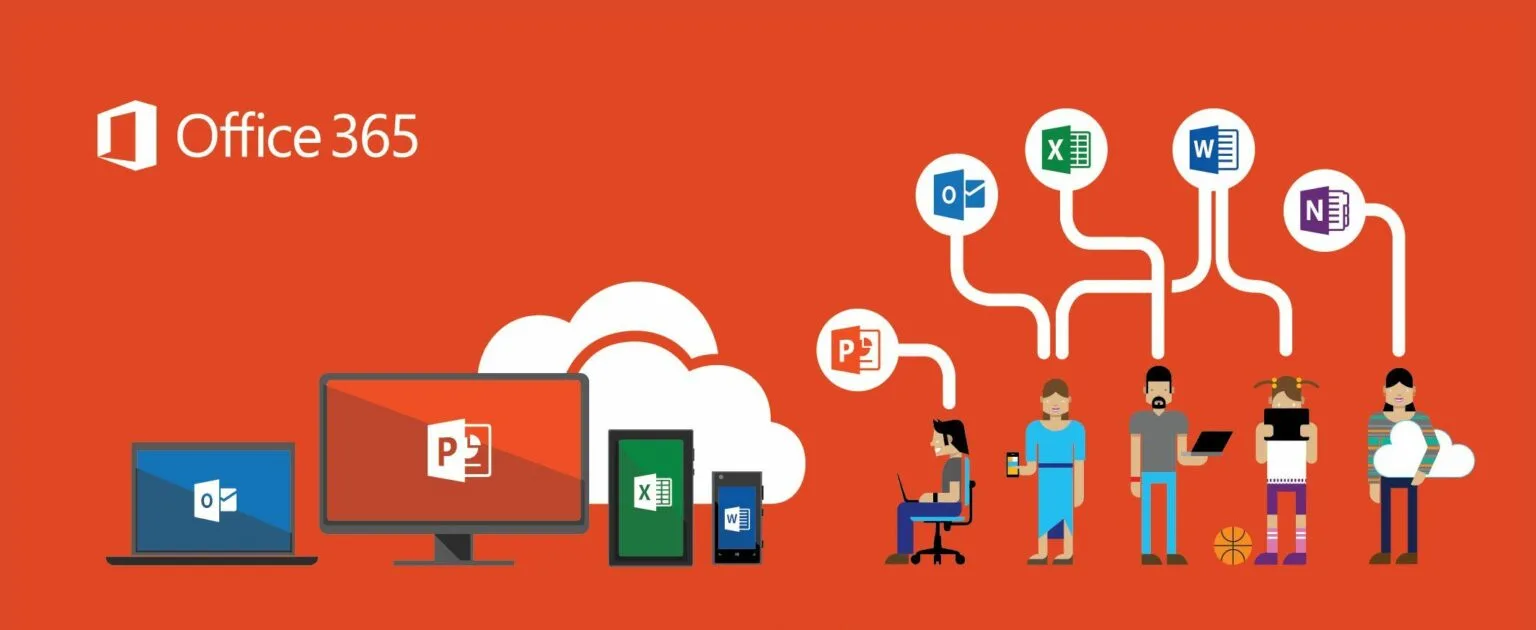Can Microsoft 365 E3 Integrate with Dynamics 365 Applications?

Microsoft 365 E3 integrates seamlessly with Dynamics 365 applications, enhancing productivity, data sharing, and business insights across both platforms.
Exploring Microsoft 365 E3 and Dynamics 365 Integration
Microsoft 365 E3 and Dynamics 365 applications are designed to work together, offering businesses a unified ecosystem for collaboration, data management, and customer engagement. Integration enables users to streamline workflows, automate processes, and make data-driven decisions more effectively.
1. Key Integration Features
Microsoft 365 E3 and Dynamics 365 can be integrated using various tools and features, including:
- Single Sign-On (SSO):
Unified access across Dynamics 365 and Microsoft 365 applications using Entra ID. - Data Sync with Dataverse:
Share and synchronize data between Dynamics 365 apps and Microsoft 365 services like Excel, Teams, and Outlook. - Embedded Collaboration:
Use Dynamics 365 inside Microsoft Teams to chat, share records, and collaborate in real-time. - Email and Calendar Integration:
Track emails and appointments in Dynamics 365 through Outlook. - Document Management:
Save and manage files for Dynamics 365 records in SharePoint or OneDrive.
2. Benefits of Integration
- Improved Productivity:
Employees can collaborate in Teams while accessing Dynamics 365 data. - Streamlined Customer Communication:
Use Dynamics 365 data to personalize email campaigns in Outlook. - Enhanced Data Analysis:
Export Dynamics 365 reports to Excel for advanced analysis. - Unified Workflow:
Automate tasks by integrating Dynamics 365 workflows with Microsoft Power Automate.
3. Dynamics 365 Applications That Integrate with E3
Microsoft 365 E3 integrates with these key Dynamics 365 applications:
- Dynamics 365 Sales:
Access customer records and track communication directly in Outlook. - Dynamics 365 Customer Service:
Resolve customer issues while collaborating in Teams. - Dynamics 365 Marketing:
Launch email campaigns using templates in Outlook and Word. - Dynamics 365 Business Central:
Share and collaborate on financial and operational data in Excel and Teams.
4. Tools and Technologies Enabling Integration
| Tool | Purpose | Example |
|---|---|---|
| Power Automate | Automates workflows between Microsoft 365 and Dynamics. | Automate lead notifications in Teams. |
| Dataverse | Centralized data platform for Dynamics 365. | Synchronize sales data with Excel. |
| Microsoft Teams | Enables collaboration within Dynamics records. | Share customer notes in real-time. |
| SharePoint | Manages files linked to Dynamics records. | Save and retrieve contracts from Dynamics. |
5. How to Set Up Integration
- Ensure both Microsoft 365 E3 and Dynamics 365 licenses are active.
- Configure SSO via Entra ID for seamless access.
- Use Power Automate to link workflows between applications.
- Enable Teams integration for collaboration directly within Dynamics 365.
- Connect Outlook for email and calendar tracking.
6. Common Use Cases
- Sales Teams:
View and update customer records from within Outlook. - Customer Support:
Collaborate on service tickets in Teams. - Marketing Teams:
Synchronize customer lists with Dynamics 365 Marketing for targeted campaigns.
Ready to optimize your business processes?
Medha Cloud will help you integrate Microsoft 365 E3 with Dynamics 365 seamlessly.
Topics

Sreenivasa Reddy G
Founder & CEO • 15+ years
Sreenivasa Reddy is the Founder and CEO of Medha Cloud, recognized as "Startup of the Year 2024" by The CEO Magazine. With over 15 years of experience in cloud infrastructure and IT services, he leads the company's vision to deliver enterprise-grade cloud solutions to businesses worldwide.

